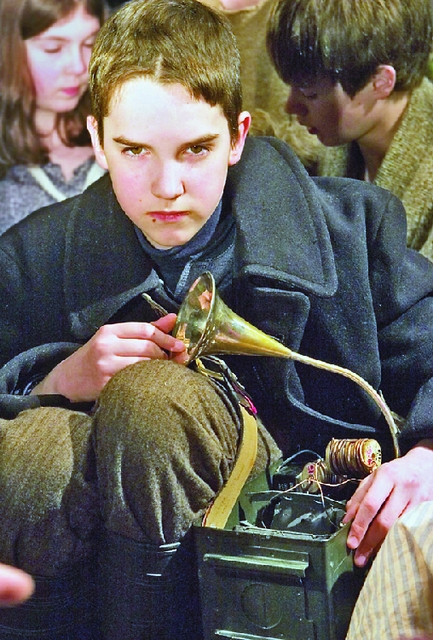Brand Upon The Brain!
Canadian Guy Maddin Doses Audiences With Another Mad Vision Of Yesteryear


you short
Latest Article|September 3, 2020|Free
::Making Grown Men Cry Since 1992


you short